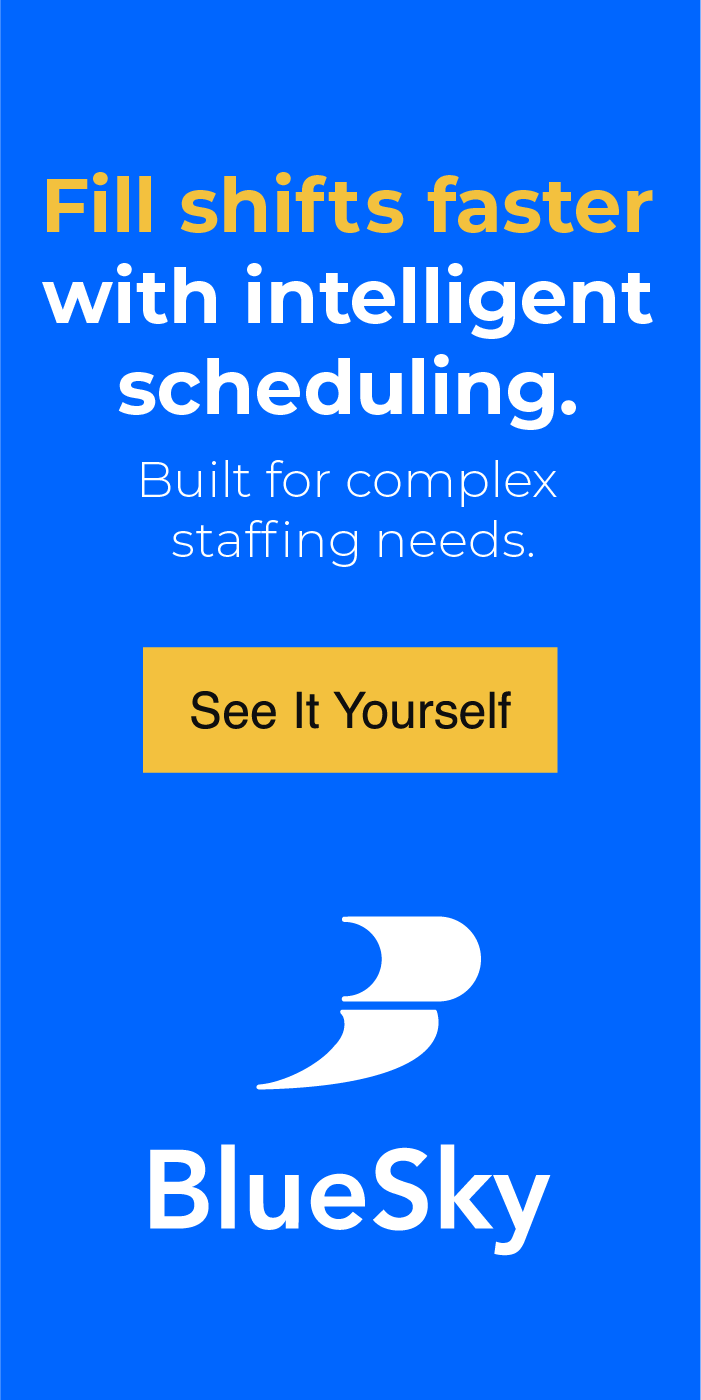It’s no secret to healthcare workers that aging baby boomers are changing the care delivery landscape given limited medical resources and staffing shortages. The industry seems hyper-focused on the demographic shift and what it means to hospitals, facilities, and physician practices. But what about the other end of the equation?
Aging baby boomers are not only poised to become the largest patient and chronically-ill demographic, but they’re also leaving healthcare careers as care providers themselves. In other words, they’re going from being part of the “cure” to becoming part of the “disease.” This analogy isn’t meant defamatory but is simply a statistical fact and natural course of transition.
Here are 3 important considerations for healthcare companies tackling the baby boomer-workforce exodus:
Baby Boomer Retirement Forecasts –
The numbers aren’t pretty for healthcare organizations concerned about retaining nurses and healthcare professionals. Some estimates suggest that baby boomers are retiring at a pace of 10,000 per day. Of course, that figure accounts for the entire workforce and not just healthcare. But, it’s still quite sobering.
Many companies have teams composed largely of aging baby boomers. Even more concerning, is that some organizations have entire leadership teams composed of near-retirement baby boomers. What happens when those folks finally decide that they want to spend their days playing golf?
Changing Recruitment Techniques –
Effective medical recruiting principles stand enduring. However, there are critical evolutions in technology and outreach strategy that must be implemented. Adapting to the times is especially important when it comes to reaching younger healthcare workers.
A 65-year-old lead nurse candidate may respond to a recruiter’s voice message. However, an early-20s nursing graduate may be more responsive to a text message or LinkedIn ping. A recruiter must still initiate correspondence and make an effort, but the communication medium has changed.
Healthcare companies that think they’ll continue to attract top nursing talent without adapting to cultural trends are simply in denial. Recruiters must adjust their outreach based on generational preferences. In today’s world, that means including social media, internet marketing, and traditional contact methods.
Benefits Packages & Compensation –
Like recruitment strategy and techniques, employee compensation packages should also reflect current trends. Older medical workers prioritized benefits like health insurance and 401K plans, but
they had little interest in ancillary perks. Data suggests that’s not the case with today’s younger workers.
Specifically, many millennials expect complimentary gym memberships and mobile phone contracts. Some find value in onsite yoga classes and dog-sitting services. While no medical worker is the same, the general trend is that younger folks are willing to sacrifice a bit of pay for improved quality of life.
Benefits packages that cater to a younger demographic help position companies for success in multiple ways. First, they aid in the recruitment of new workers. Second, they help to retain workers who otherwise tend to be transitional. And third, they encourage word-of-mouth employee referrals for additional recruiting value.
Massive demographic shifts aren’t easy in any industry. Healthcare is getting hit with a “double whammy,” given that many baby boomers are leaving the workforce while others are becoming patients on the opposite end. Medical companies certainly have their work cut out for them, but proactive thinking and creative recruiting practices can ensure that younger nurses and workers fill the ranks!
Need a database to house potential healthcare candidates? Try our demo!

